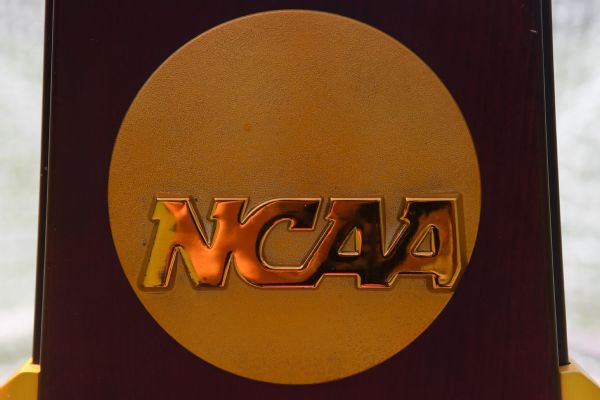
INDIANAPOLIS — In a step toward putting rules in place to regulate the way college athletes can be compensated for their fame, the NCAA Division I Council introduced on Tuesday several proposals to bring transparency to the transactions and oversight of those who want to work with students.
The proposals come from NIL working group recommendations and don’t become final until the council meeting concludes Wednesday.
The proposals could be adopted as soon as January at the NCAA convention.
They include creation of a voluntary registry for NIL service providers, such as agents and financial advisors; requirements for disclosure of NIL deals worth more than $600 by athletes to their schools; development of a standardized NIL contract; and education programs for both high school prospects and college athletes.
“Today’s action by the DI Council is a great step toward achieving our shared priority at the NCAA, which is better outcomes for all college athletes who participate in NIL activities,” NCAA president Charlie Baker said in a statement. “As the Association makes these changes to improve the environment for young people with NCAA rules, I look forward to partnering with members of Congress to build on these protections and create greater consistency and opportunities for all college athletes.”
Since the NCAA lifted its ban on college athletes earning money for use of their names, images and likenesses in the summer of 2021, it has been operating without detailed rules regarding NIL.
A patchwork of state laws has dictated how athletes can cash in on NIL. Inconsistencies and a lack of transparency has made it almost impossible for the NCAA to enforce rules prohibiting NIL being used as an improper recruiting inducement or pay for play.
College sports leaders have been lobbying lawmakers in Washington for federal NIL legislation, but with help uncertain to come, the NCAA is working on creating its own rules.
“We are encouraged that council is focusing first and foremost on protecting student-athletes in the rapidly changing NIL environment,” said Oklahoma State softball player Morgyn Wynne, who is vice chair of the Division I Student-Athlete Advisory Committee.
The DI Council also approved a package of proposed penalties for infractions cases that would include stricter punishments for individual rule breakers.
The proposals include expanding suspensions for coaches to include the days between competitions, having schools incur penalties for employing individuals who have received a show-cause order and expanding disassociations with boosters who violate rules.
The NCAA is trying to modify the infractions process to encourage cooperation by schools by punishing individuals involved rather than hitting programs with postseason bans or recruiting restrictions that impact athletes who were not part of the rule-breaking.
Also, among the package of proposals OK’d by the council was publicly identifying individuals involved in major violations and creating a public database of coaches with a history of Level I and II infractions.

